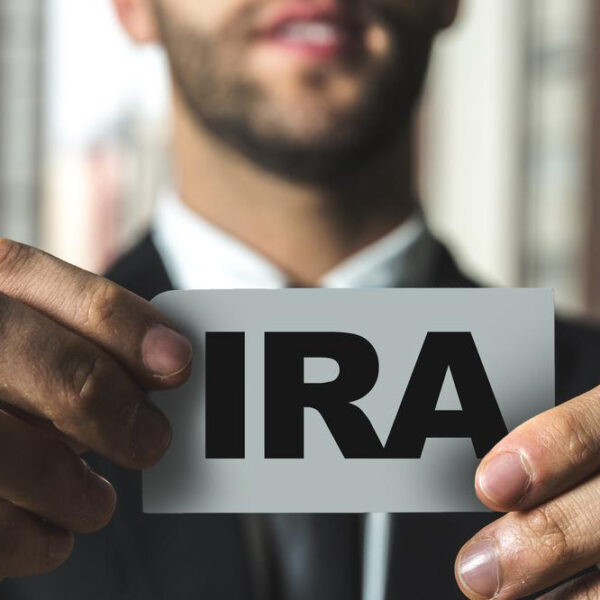
8 ways in which a poor personal credit may affect your business venture
Business owners often presume that it is best to keep personal finance and business finance separate. They assume it is only practical to compartmentalize financial aspects of their personal life and their business requirements. However, this is not true. It is quite possible that your personal credit might adversely get impact your business. Even if you keep them separated, bad personal finance decisions can affect your business as well. Below are the eight poor personal choices that might have a negative effect on your business: Inability to get business credit: This might happen when your personal credit shows late or non-payments or if you report bankruptcy on your personal credit reports. This type of information may show up easily and can be easily reviewed by business credit sources. In such cases, a financial company that you approach to extent capital to you might question your ability to repay back the debt. This might lead to further rejections in terms of bank loans as well as business credit card applications. High interest on any loans: If someone take a chance on you as well as offers you any kind of business credit, then you will have to pay extremely high interest rates on that credit.









